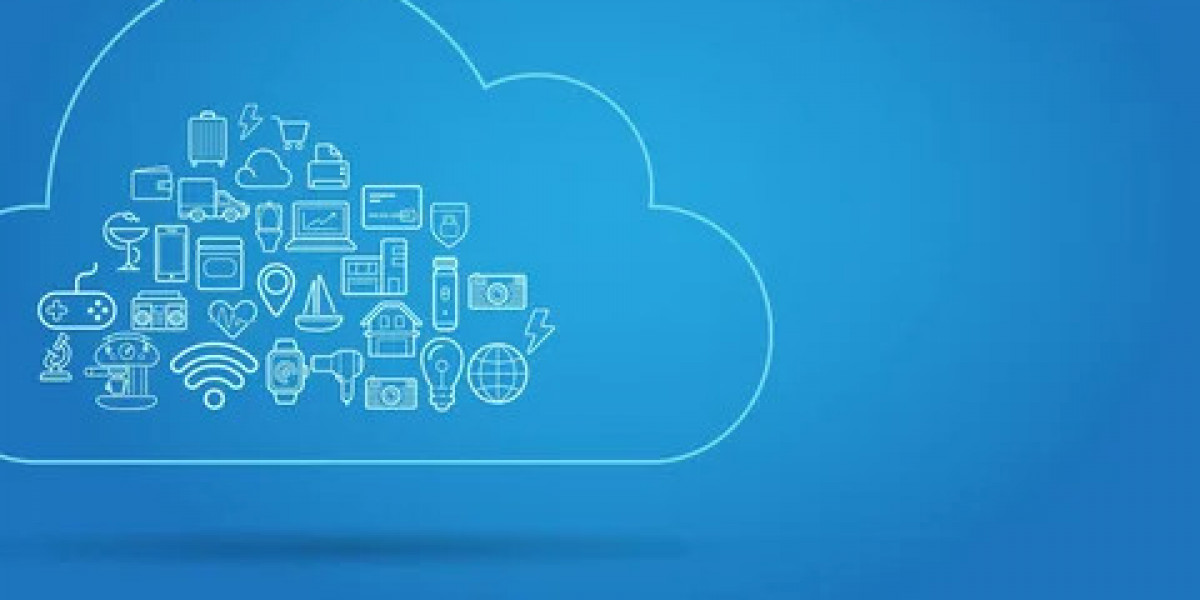Advancements in technology are simplifying life in many ways, especially when it comes to elderly they benefit from the ample number of services. Even though elders are transforming themselves to use and benefit from online services, there raise concerns about privacy among the elders.
The digital and privacy literacy of the elders remains questionable as they were not born in the digital era. But subsequently learned to use it. They share their personal information on technological devices, without being aware of the cyber security issues that might lead to.
How the privacy of the elderly is something that needs to be looked upon.
Privacy of Elders in the digital landscape
Data Privacy among elders in the digital landscape amounts to privacy and security concerns, as privacy and security of mobile data and electronic devices are complicated subjects. A wide range of data of the users are captured by the mobile devices which are collected from the in-app activity to communications to movement and location data provided by the phone sensors, and this data is acquired in ways that are not necessarily clear to elders.
The privacy of the elders is a concept that needs research to understand, analyze and suggest measures on how the privacy of the elderly can be protected since their knowledge of privacy seems to be less, so they remain a vulnerable population to fall prey to the cyber incidents.
Importance of data privacy among elders
Data Privacy refers to how a piece of information or data should be handled depending on its significance. In the digital era, the concept of data privacy is commonly applied to crucial personal information, also known as Personally Identifiable Information (PII), and Personal Health Information (PHI).
A significant number of the elders do not have any idea what data privacy is or are unaware of the safeguards available to protect their online privacy, resulting in them sharing personal data that is not required.
Adolescents need to understand the importance of privacy, as they were not born in the digital era. They later started to learn and understand technologies, and now most of the elderly are using them. Even though they’re using them they are not aware of the personal and sensitive information that is provided by them online and possess a lot of risks especially vulnerable to cyber-attacks. So, they need to understand and learn to safeguard their data.
Online Privacy Perceptions of older adults
When online privacy perceptions of older adults are considered, they’re less confident in dealing with the internet and privacy protection, as they are often less experienced and more cautious in adapting to technologies.
Even though older adults are lagging when it comes to the usage of technology, the research findings state that they are very much concerned about their data being misused, especially their credit card details.
Older adults are less aware of the privacy concerns due to which they are unable to protect their personal information online.
Data Privacy — legal provisions
Various provisions are governing the data privacy landscape in India as well as at the international level.
In India, the Information Technology Act of 2000, the Constitution of India, Data Protection Bill, of 2021 govern data privacy and protection. Where Article 21 of the Constitution of India provides the fundamental right to privacy to Indians.
At the International level, there are laws like the General Data Protection Regulation (GDPR) of the European Union (EU), there are federal laws and state laws in the United States of America and the United Arab Emirates has federal laws №9 of 2019 governing the rights of senior citizens.
Tsaaro’s survey report it was found that 44% of the respondents believed there is a need for more regulations to be enacted for privacy.
It also addresses some of the suggestions which include, sharing only the required information, monitoring permissions, using strong passwords, and using two-factor authentication are some of the suggestions to ensure the privacy of the elders in the digital ecosystem.
Click Here : Privacy Among Elders






